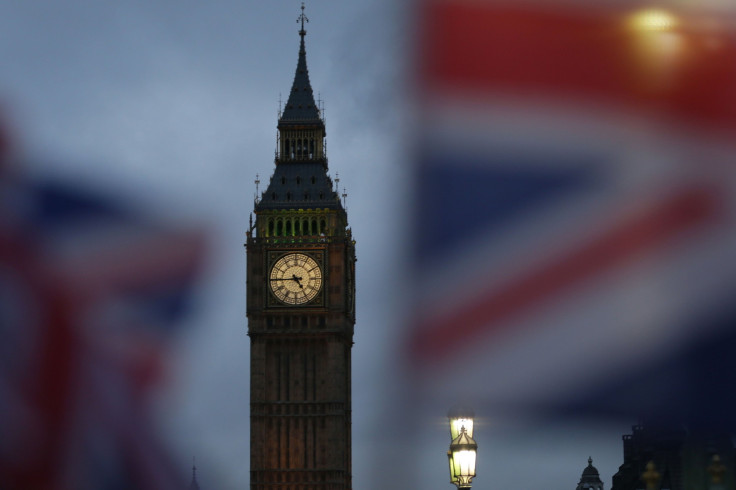UK Economy Took A 3% Hit From Brexit Uncertainty: S&P Global Ratings

The UK economy could have been about 3 percent larger by the end of 2018 had the country not decided to leave the European Union in 2016, S&P Global Ratings said in a note.
“Regardless of the form of the future relationship between the U.K. and the EU, there is no doubt that the U.K.'s economic performance has already suffered from the mere anticipation of Brexit,” Boris Glass, senior economist at S&P Global Ratings, wrote in a note.
Glass said the 3 percent would translate “into an average forgone economic activity of £6.6 billion ($8.7 billion) in each of the 10 quarters since the referendum."
The size of the U.K. economy was $2.808 trillion in 2018, according to the latest figures available from the International Monetary Fund.
S&P Global Ratings’ analysis suggests that the U.K. moved onto a lower growth trajectory almost immediately after the referendum. “We estimate that, by the end of 2018, the size of the U.K. economy was already between 2.4 percent and 3.4 percent smaller than it could have been otherwise.”
“Only when the economy slowed to 1.4 percent in 2018, did it become more apparent that the anticipation of Brexit might weigh on U.K. growth, while the U.K.'s peers were forging ahead,” the note said.
The most visible effect for the economy was the depreciation of the British pound, Glass said, which not only pushed up inflation, but also eroded the spending power of households.
On June 23, 2016 -- the day the U.K. held the referendum on its EU membership -- the British pound was at $1.48. On the following day, it slumped to $1.36 and touched its lowest level of $1.20 in January 2017. The British pound last traded at $1.32.
“As imports became more expensive, inflation started to rise. Our analysis shows that by the third quarter of 2017, inflation was 1.8 percent higher than it would have been otherwise. On average, inflation was about 1 percent higher during the 10 quarters since the referendum,” Glass said in his note.
Households attempted to mitigate the impact of higher inflation by tapping into savings. Savings fell to 3.3 percent in the first quarter of 2017, from 7.3 percent in the second quarter of 2016, before recovering slightly.
“We find that household spending would have been considerably stronger -- in line with GDP -- had the referendum not occurred. Net external trade did not see any significant boost from the depreciation,” the note said.
Jessica Exton, behavioural scientist at ING’s consumer economics team, had said a no-deal Brexit could influence consumers’ shopping behavior by putting some food imports at risk and limiting the choices available on local shop shelves.
Inflation rose to 1.9 percent in February, from 1.8 percent in January, mainly due to food, alcohol and tobacco, and recreational and cultural goods.
Glass said the uncertainty surrounding the shape and form of Brexit has affected any forward-looking decision making. "This is reflected in particular in a contraction of business investment in 2018," he said.
Businesses have also been affected. “They have reorganized their business structure to comply with regulation and to safeguard unimpeded EU market access. This will also dampen growth while the economy adjusts to the new business environment after Brexit, whether there is a deal or not,” Glass said.
© Copyright IBTimes 2025. All rights reserved.





















